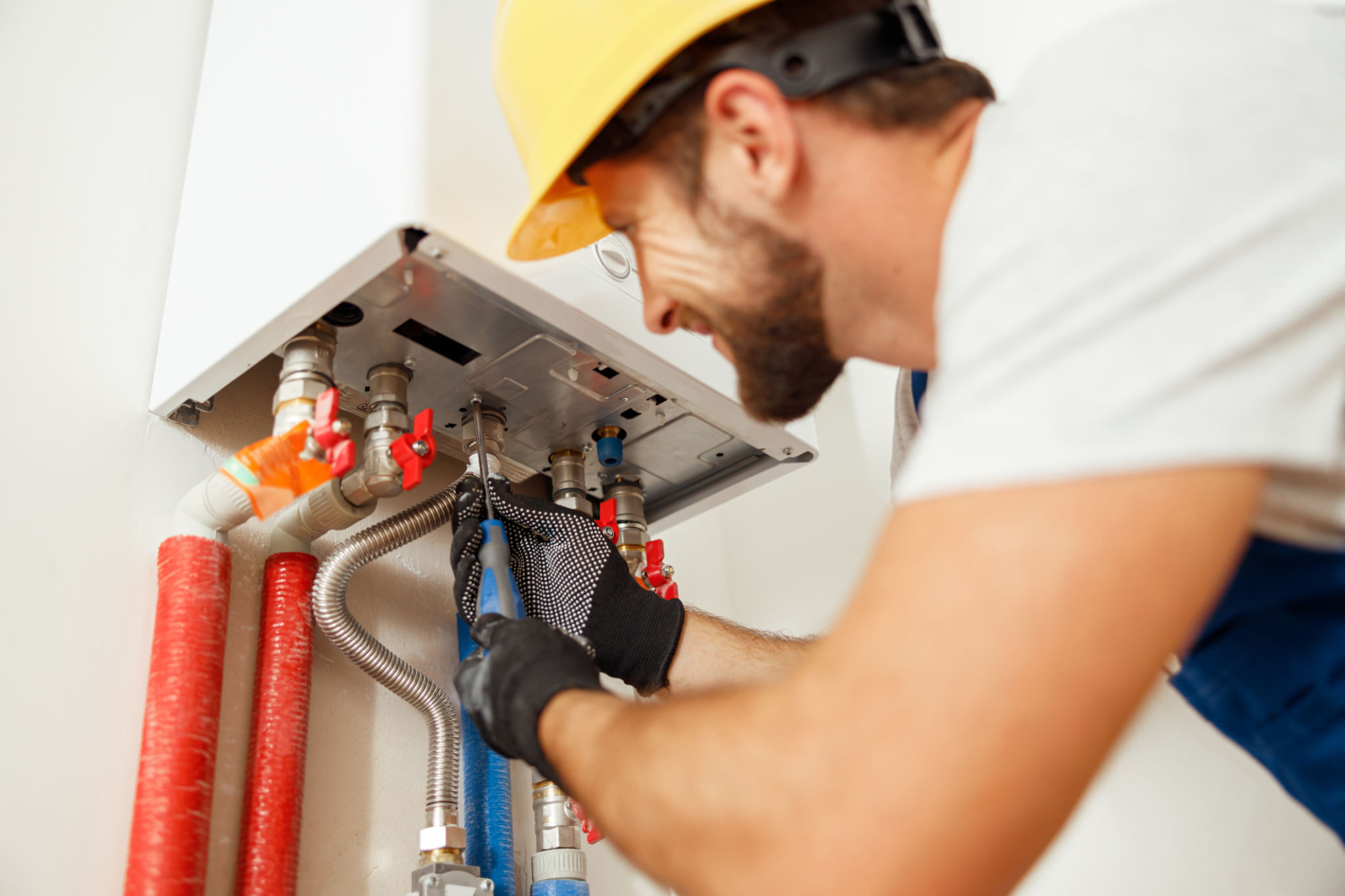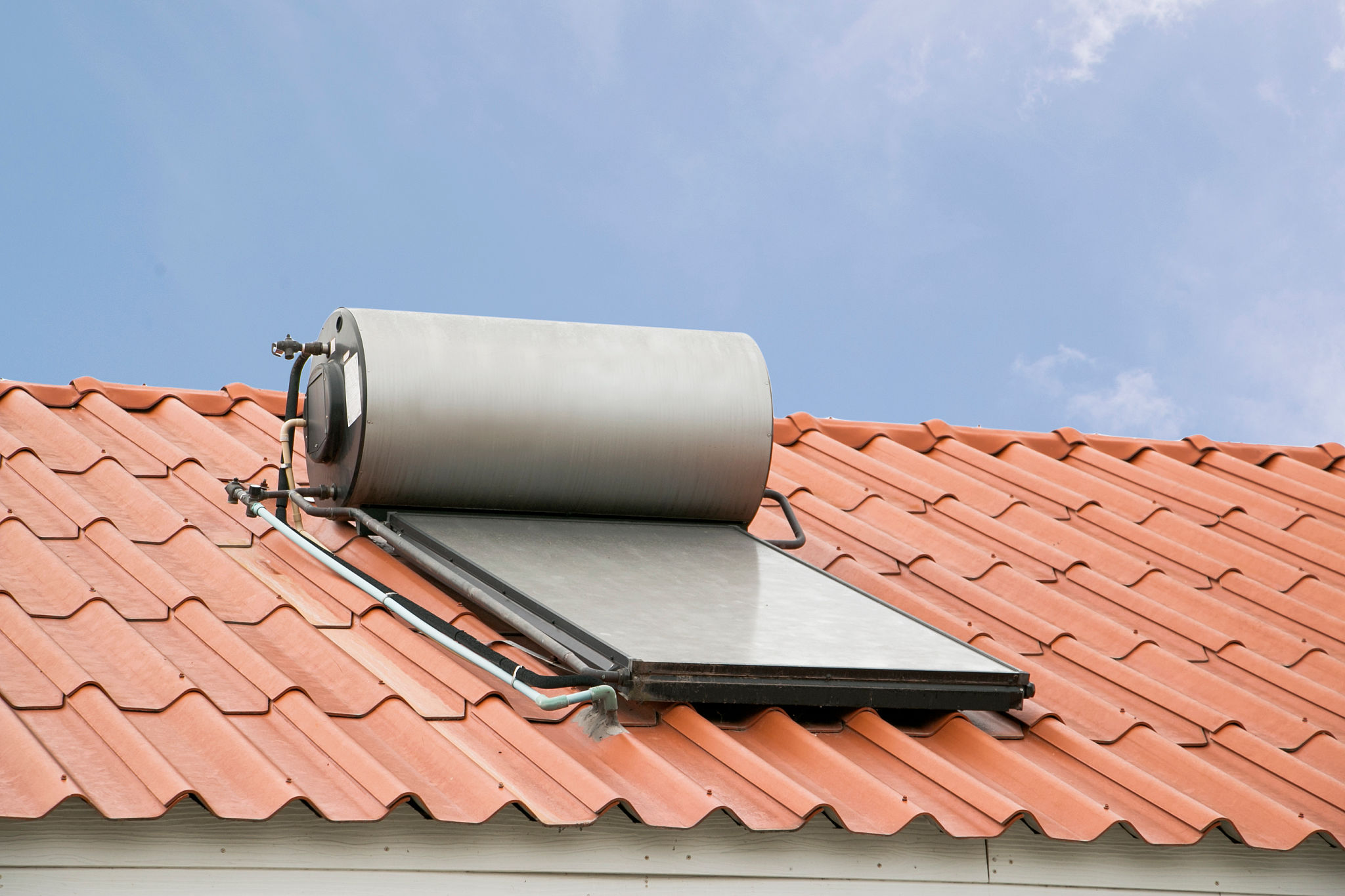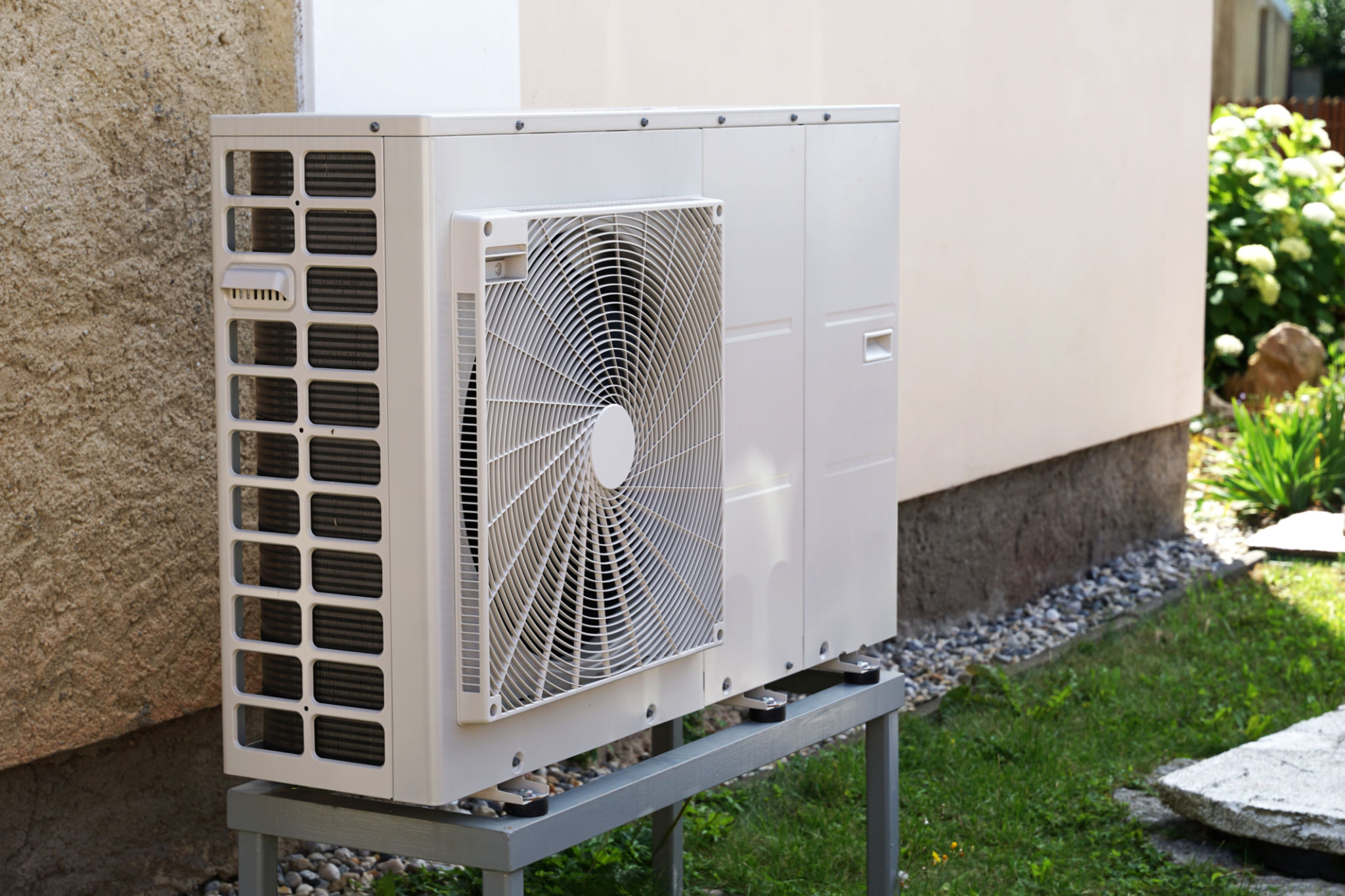Case Study: Successful Hot Water System Installations in South Australia
Introduction to Hot Water Systems in South Australia
South Australia has seen a surge in the installation of modern hot water systems, driven by a growing focus on energy efficiency and sustainability. These systems not only provide comfort but also contribute significantly to reducing energy consumption, making them an essential part of contemporary living.
In this case study, we explore some successful installations across the region, highlighting the key factors that have contributed to their success.

Understanding the Importance of Energy Efficiency
The demand for energy-efficient hot water systems has increased as homeowners become more conscious of their environmental impact. These systems are designed to use less energy while providing the same level of comfort, which is a critical factor in their growing popularity.
Energy efficiency is not just about reducing utility bills; it's about making a positive impact on the environment. By choosing systems that consume less power, homeowners contribute to a greener planet.
Case Study: A Residential Success Story
One notable example of successful hot water system installation is a residential project completed in Adelaide. The homeowners opted for a solar-powered system, which not only reduced their energy bills but also increased the property's value.
This installation was particularly noteworthy due to its seamless integration with the home's existing infrastructure, demonstrating how modern systems can be adapted to various settings.

Commercial Installations: Meeting Business Needs
Beyond residential applications, hot water systems play a crucial role in commercial settings. Businesses in South Australia have increasingly turned to these systems to meet their operational needs while keeping costs low.
One successful commercial installation involved a hotel in Glenelg, where an advanced heat pump system was installed. This system not only provided efficient hot water supply but also significantly reduced the hotel's carbon footprint.
Challenges and Solutions
While the benefits are clear, installing hot water systems is not without its challenges. Factors such as initial costs, space constraints, and maintenance requirements can pose obstacles. However, with proper planning and expert consultation, these challenges can be effectively managed.
In the Glenelg hotel case, careful planning and collaboration with experienced professionals ensured that the installation was completed efficiently and within budget.

The Role of Government Incentives
The South Australian government offers various incentives to encourage the adoption of energy-efficient technologies. These include rebates and grants that make the transition more affordable for both residential and commercial properties.
Such incentives have played a significant role in the successful uptake of modern hot water systems, making them an attractive option for many homeowners and businesses.
Conclusion: A Look Towards the Future
The successful installations of hot water systems in South Australia highlight the region's commitment to sustainability and innovation. As technology continues to advance, we can expect even more efficient systems to emerge, further enhancing comfort and reducing environmental impact.
For homeowners and businesses considering an upgrade, now is an opportune time to invest in an energy-efficient hot water system, benefiting from both immediate savings and long-term environmental gains.
